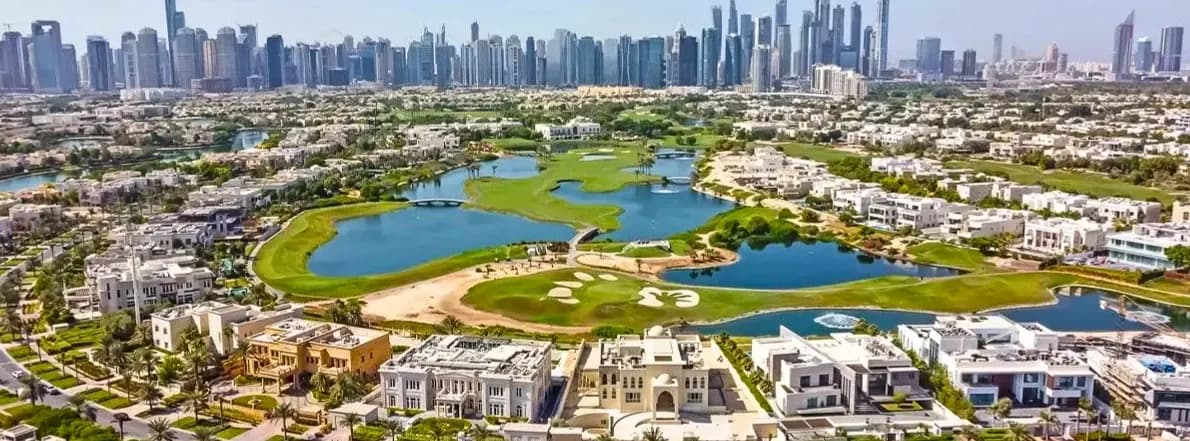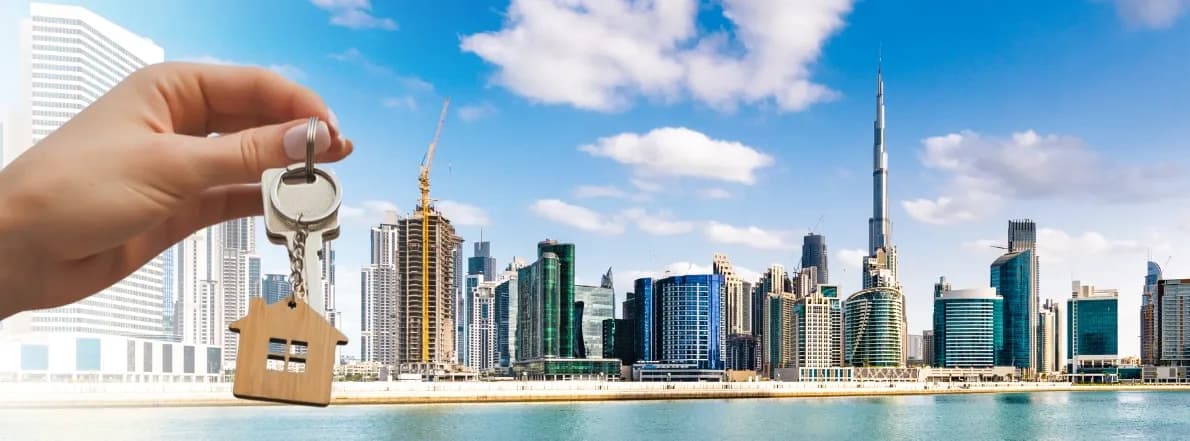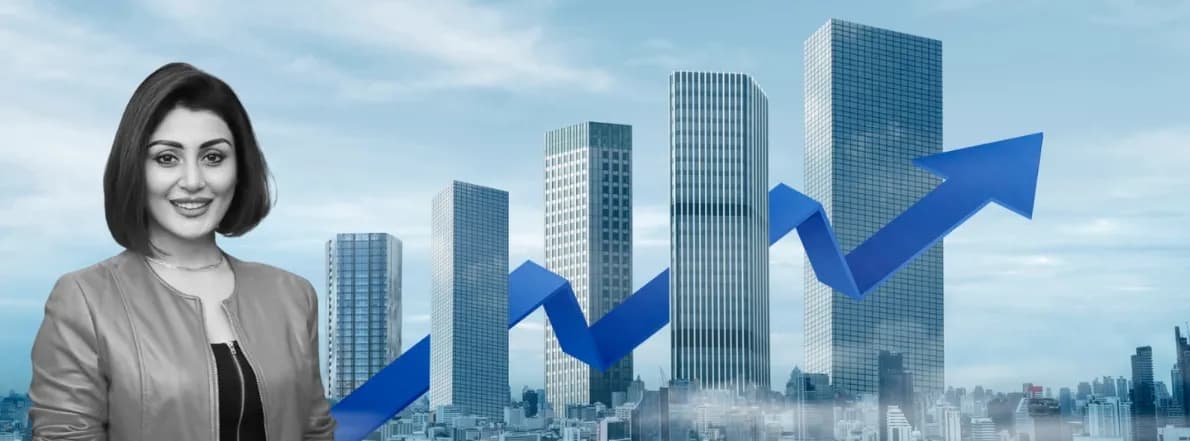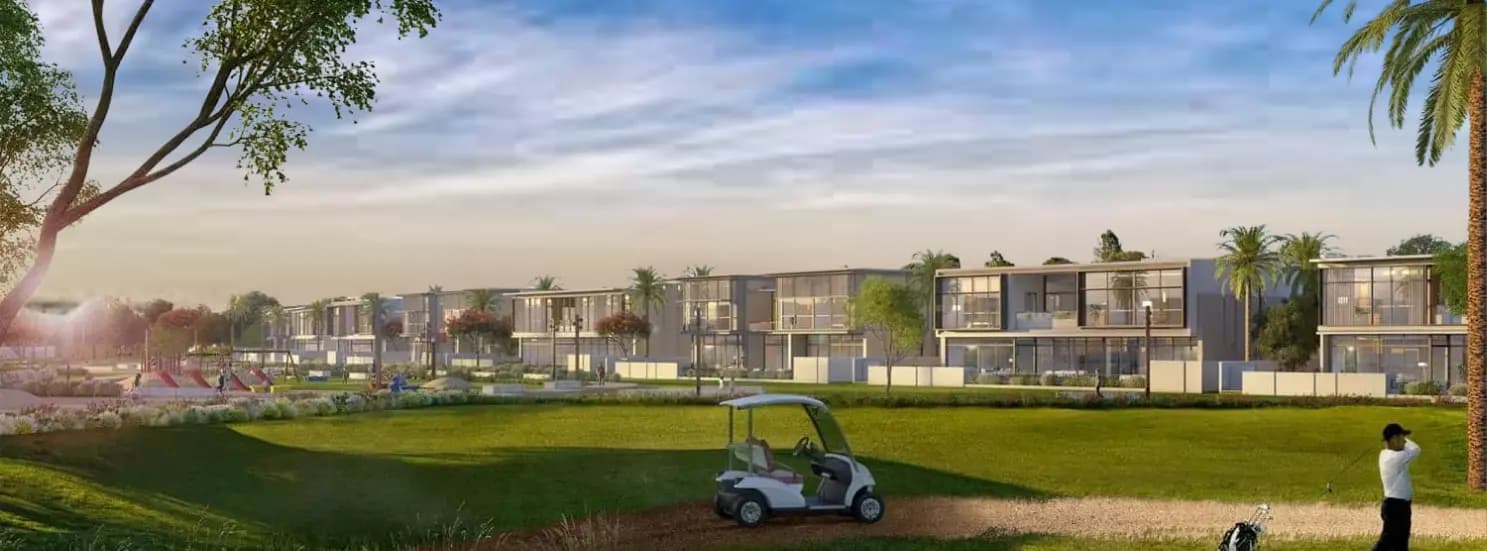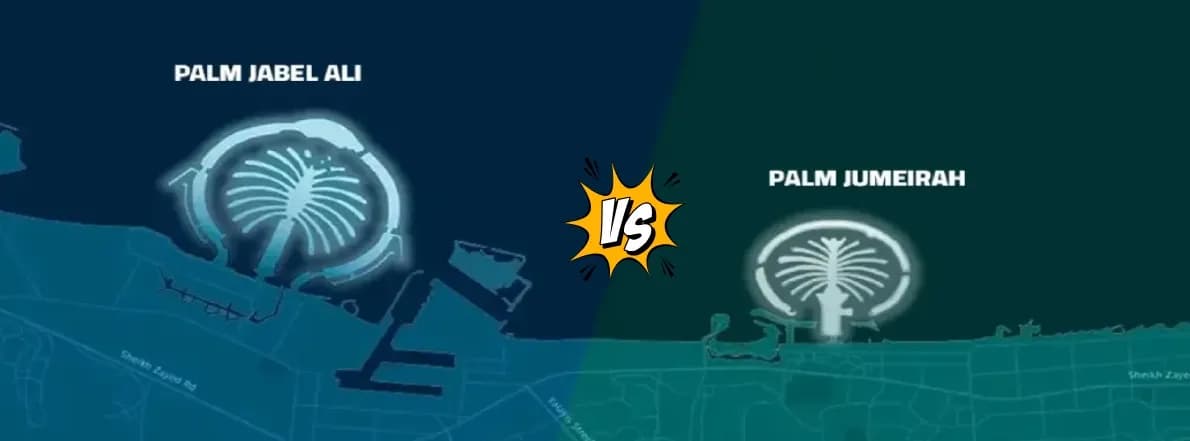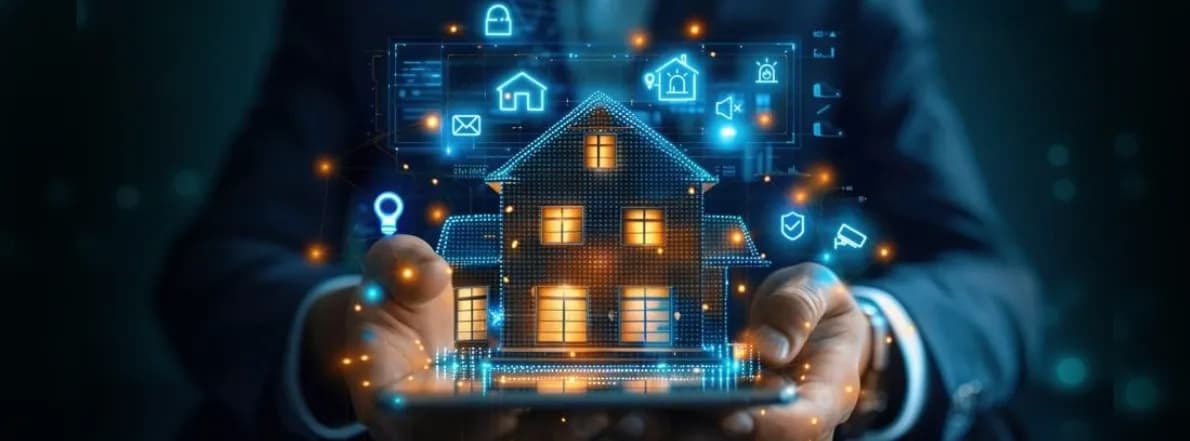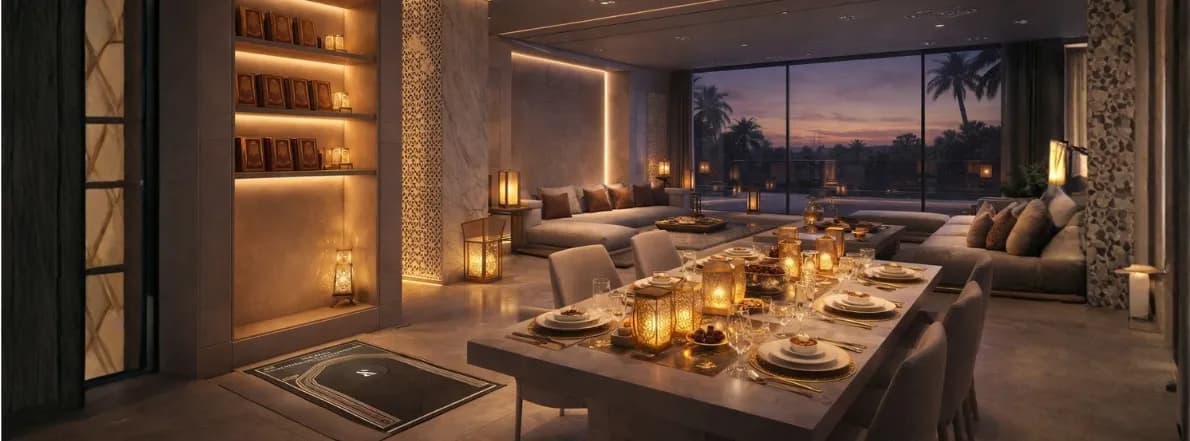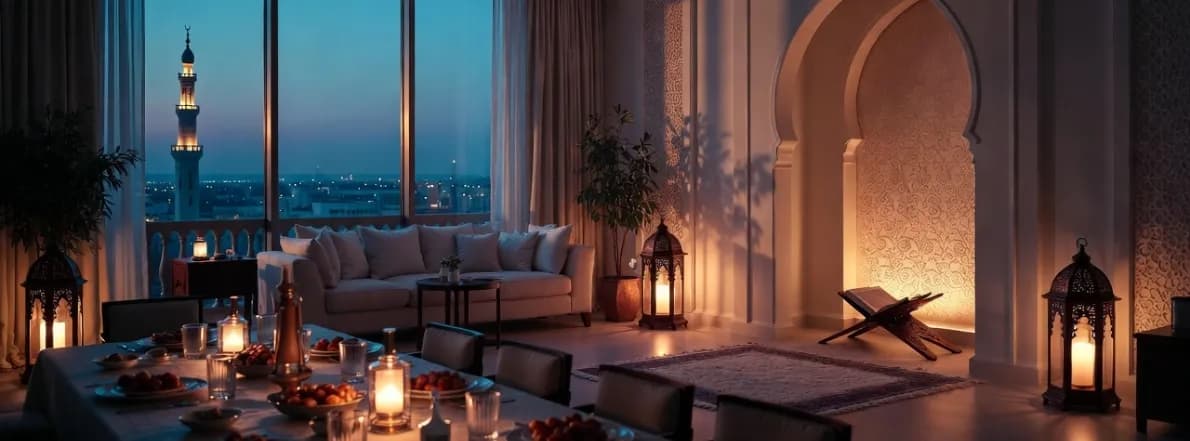The UAE has been at the forefront of the world in its sustainable and renewable energy practices, with solar energy as its primary focus. The UAE is working with numerous solar investment companies, solar EPC contractors, and project finance agencies to integrate solar energy into modern UAE Homes, meeting the growing demand for sustainable power. Dubai and Abu Dhabi are leading cities in the UAE, where solar systems are becoming a part of smart homes and have promoted solar energy businesses over the past few decades. This blog provides an overview of why solar energy integration is ideal, its benefits, and challenges. Additionally, learn about how solar energy is integrated in modern UAE homes on this page.
Why Solar Energy Integration is Ideal For the UAE?
The more abundant the solar radiance, the more solar energy can be generated by the system. The UAE, with its desert land and strong government support, has an ideal environment for integrating solar systems. Here are some key drivers for solar system integrations in Modern UAE homes.
- Ideal Climate: For a solar system, the perfect climate is one with clear and sunny weather, allowing it to run at peak performance. The UAE typically experiences more than 300 sunny days per year, making it an ideal location for solar power generation. The Photovoltaic panel helps in reducing electricity bills throughout the year.
- Government Incentives & Support: The UAE government is also offering significant incentives and support through a net-metering scheme (for example, Dubai's Shams Dubai initiative), allowing homeowners to install solar panels and connect them to the public grid. This not only helps them meet their household electricity needs but also generates surplus energy, for which they receive credits.
- Smart Home Integration: Modern UAE Homes now come with smart home technologies that are integrated with solar systems, allowing homeowners to monitor energy consumption, generation, and optimize performance through a single interface.
- Cost-Effective: Solar energy integration is highly cost-effective, as it significantly reduces household electricity bills, particularly in the UAE, where high electricity consumption appliances such as air conditioners, refrigerators, and microwaves are commonly used.
- Sustainability Goals: The integration of solar energy is aligned with the UAE Sustainability Goals, which include reducing carbon emissions, promoting resource efficiency, and achieving 50% clean energy by 2050. To attain its ambitious goals for clean energy, solar adoption is a key strategy.
Benefits Of Solar Energy Integration for UAE Residents and Investors
Advantages For UAE Residents
- UAE residents can significantly reduce their monthly utility bills by generating their own power.
- They will contribute to a cleaner environment by cutting down on the dependence on fossil fuels and carbon emissions.
- Integrating Solar systems in their homes will increase their property value.
- They don't need to be dependent on the grid for electricity and also become independent from irregular energy prices.
Advantages For UAE Investors
- The solar market is growing, and investors can see it as a golden opportunity for investment.
- UAE's solar initiatives can encourage residents and businesses to install solar systems, resulting in demand for solar products and boosting the market.
- Many other significant investment opportunities will be created to enter the solar industry.
- For Real Estate investors, the maintenance costs will be reduced, along with gaining long-term reliability. They can also see a boost in tenant retention, enabling a strategic benefit.
How are Solar Systems Integrated in Modern UAE Homes?
Solar Systems aims to encourage homeowners to switch to clean energy, reduce their carbon footprint, and have significant benefits. Typically, solar systems are integrated mainly via PV (Photovoltaic) panels on the rooftop, which are connected to the primary power grid. This process has been implemented under government schemes, such as the Shams Dubai initiative. Here's how solar energy integration is done in a Modern UAE Home:
- Assessment and Design: You would need a DEWA-registered consultant or contractor for the evaluation of your home and energy use, and you are required to submit all technical and electrical drawings.
- Acquiring Necessary Permits: The consultant will assist in most of your tasks, including gathering all the necessary permits and approvals from authorities such as DEWA and the Local Municipality.
- Installation and Inspection: The installation of solar panels typically takes one week, followed by a final inspection of safety and technical regulations by DEWA officers on-site.
- Smart Meter Installation: A bi-directional smart meter is then installed to measure the import and export of electricity generated by the grid. Once everything is fit, your solar system is ready to go live.
Standard Requirements for Solar System Integration in the UAE
- A design or site plan pointing out the positioning of solar panels and the inverter system.
- Electrical diagrams and technical specifications for approved equipment.
- Permit and agreement for grid connection.
- DEWA and Municipality Applications.
Future Plans Of Solar Energy Integration in the UAE
Homeowners in the UAE are switching to solar energy integrations after evaluating its benefits, and the future of solar power in the country looks promising based on the current rate of adaptation in most residential communities across the Emirates. The future scope includes advancements in PV technology, the adoption of hybrid PV and battery systems, optimizing utility and distribution, a greater focus on smart grid technology integration powered by AI, and collaboration with world leaders to meet the UAE's clean energy goal by 2025.
The solar energy market has been growing rapidly, with an estimated installed capacity from 10 GW to more than 445 GW by 2030. With these capacity targets, the share of clean energy is expected to grow by 44% under the UAE Energy Strategy 2050. Other large-scale projects like the Mohammed bin Rashid Al Maktoum Solar Park are also a significant focus. Foreign and in-house investment in solar projects has reached over AED 6 billion this year and is anticipated to continue growing.
Final Thoughts
For a modern UAE home, embracing sustainable and appreciating renewable energy is the new trend. Homeowners and Real Estate Investors are seeing it as a new lifestyle upgrade, which is not just cost-efficient but a contribution to the environment in the long run. Hopefully, through this page, you have acquired knowledge regarding Solar System Integration in Modern UAE Homes and understood its benefits, process, and future scopes.



